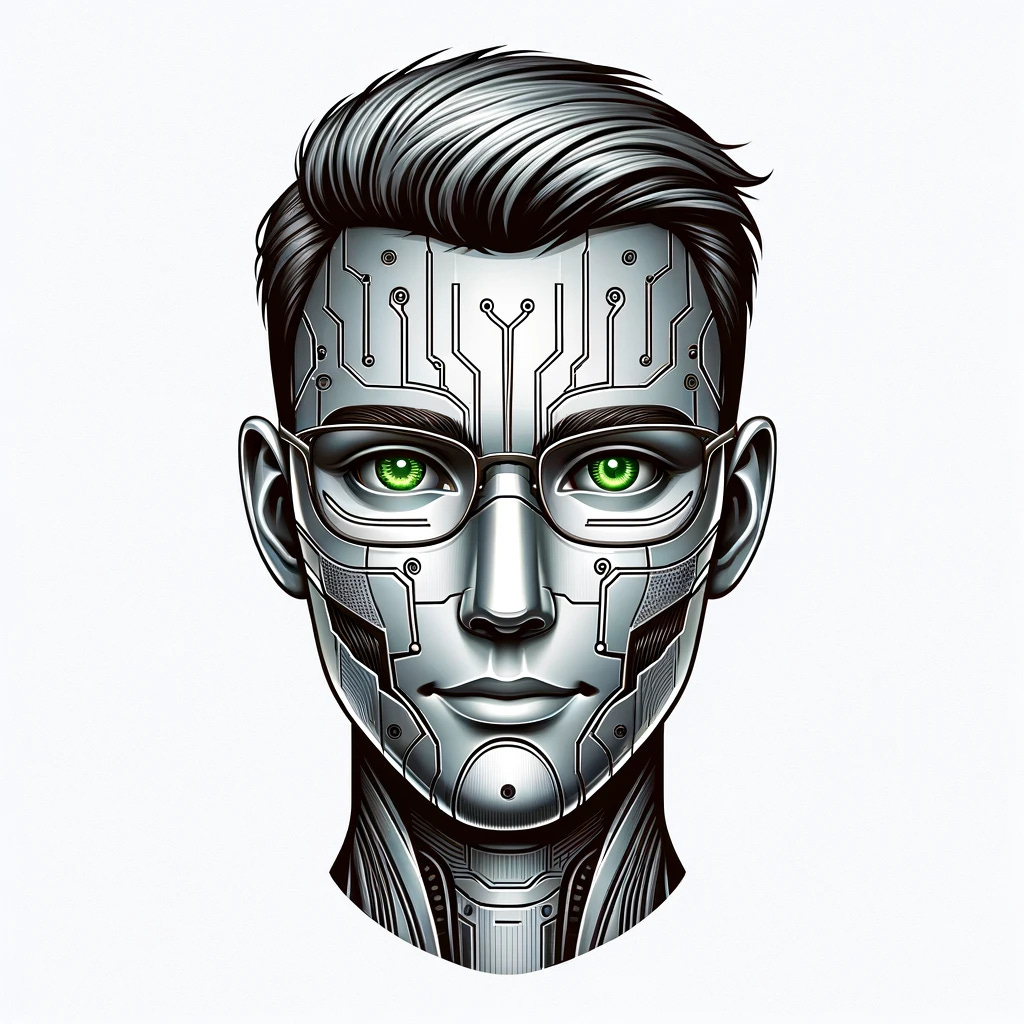From PC (Personal Computer) to PGPT (Personal GPT)
The Road to a Personal Computer
In the mid-90s, my family got their first computer. I vividly remember the Windows 95 logo loading up on the screen as I booted a computer up for the first time. Later that day, two things happened:
I visited lego.com for about 5-10 minutes. I remember asking why there’s a limit to how long I could spend on the web 😅
I loaded up a floppy disk with Doom II. This experience scarred me from playing first-person shooters for almost a decade 😓
In the mid-2000s, when my family moved to Canada, we got another shared computer and kept it in the living room. I remember my uncle saying: "It’s only a matter of time until each of you has a personal PC.”
I never thought of a “Personal Computer” as something personal. It’s an ironic thought given that if you’re reading this, you likely own multiple personal computing devices.
The advent of Personal GPTs
There are lots of products and ideas floating around related to personal bots or AI assistants. We see demos and videos that create hype and excitement, but none of them are quite there yet. The last 10% are missing and @moxie captured it well in a recent tweet:
It's very fast to build something that's 90% of a solution. The problem is that the last 10% of building something is usually the hard part which really matters, and with a black box at the center of the product, it feels much more difficult to me to nail that remaining 10%.
I anticipate it’ll still be a while until an out-of-the-box solution can ingest all of an individual’s data while also adapting and learning from its changes over time. That said, I see OpenAI’s GPTs as a sufficient halfway measure that gets the job done today. You can customize a GPT based on your personal preferred methods of communication and manually edit it whenever you see an opportunity for further customization.
I currently maintain one personal GPT that’s publicly accessible at OlshanskyBot. As I’ve been customizing it, I realized that I may end up creating different GPTs with different prompts and knowledge bases similar to how I have different devices for different use cases; OlshanskyLearner, OlshanskyWriter, OlshanskyCoder, OlshanskyTherapist, OlshanskyTrainer…
There’s nothing innovative to the prompt, but I’ve open-sourced it for those curious and will keep updating it at Olshansk/olshansky-bot.




